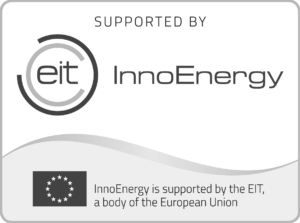10.02.2020
Scientists from University of Technology fight dangerous bacteria
Research is underway at Tallinn University of Technology to create a platform and develop a tester to detect dangerous bacteria in situations where human lives are at risk, access to large laboratory complexes is limited, but the time factor is crucial.
Head of the research Toomas Rang, professor of Thomas Johann Seebeck Department of Electronics, claims that new and recurrent bacterial threats caused by external conditions are a major challenge this century. If it is not possible to react quickly, human lives are at risk and epidemics can emerge.
“In fact, it is possible to test bacteria today,” Prof Rang explains, “as cytometric methods allow the detection of cell parameters, such as cell number and morphology. However, modern cytometers are high throughput stationary and expensive measuring tools, the use of which can cause major delays in bacterial testing in crisis regions, where access to infrastructure is limited.”
A team at the University of Technology is working on a solution: research and development is ongoing in order to develop a concept and a platform for mobile flow cytometers. “It is based on the flow mechanics of fluid drops,” adds Prof Rang, “and the detection and processing of optical measurement signals. The results will be transmitted to the Operations Centre.”
As a result of the work of the research team, the capacity for automated full-cycle bacterial field analysis and the processing of the results emerges. Furthermore, the creation of a prototype or tester is planned: “The mobile, miniature and precise enough tester is designed to detect dangerous bacteria in situations where access to large central laboratory facilities is hindered but the time factor is crucial,” says Prof Rang.
“Tallinn University of Technology is a long-term member of the Connected Health Cluster,” adds Piret Hirv, Head of the Connected Health Cluster, “and a good example of how science can achieve the solutions that are needed in practical life. The cluster network is well-placed to contribute to the advancement of important scientific achievements, and our common aim is to bring more of such innovative health solutions to life and implement them.”
Tallinn University of Technology has received a grant from the ETAg Personal Research Group for an application called “CogniFlow-Cyte: Cognitronic Lab-on-a-Chip System for Highly-Automated Flow Cytometry”.












